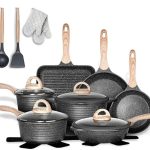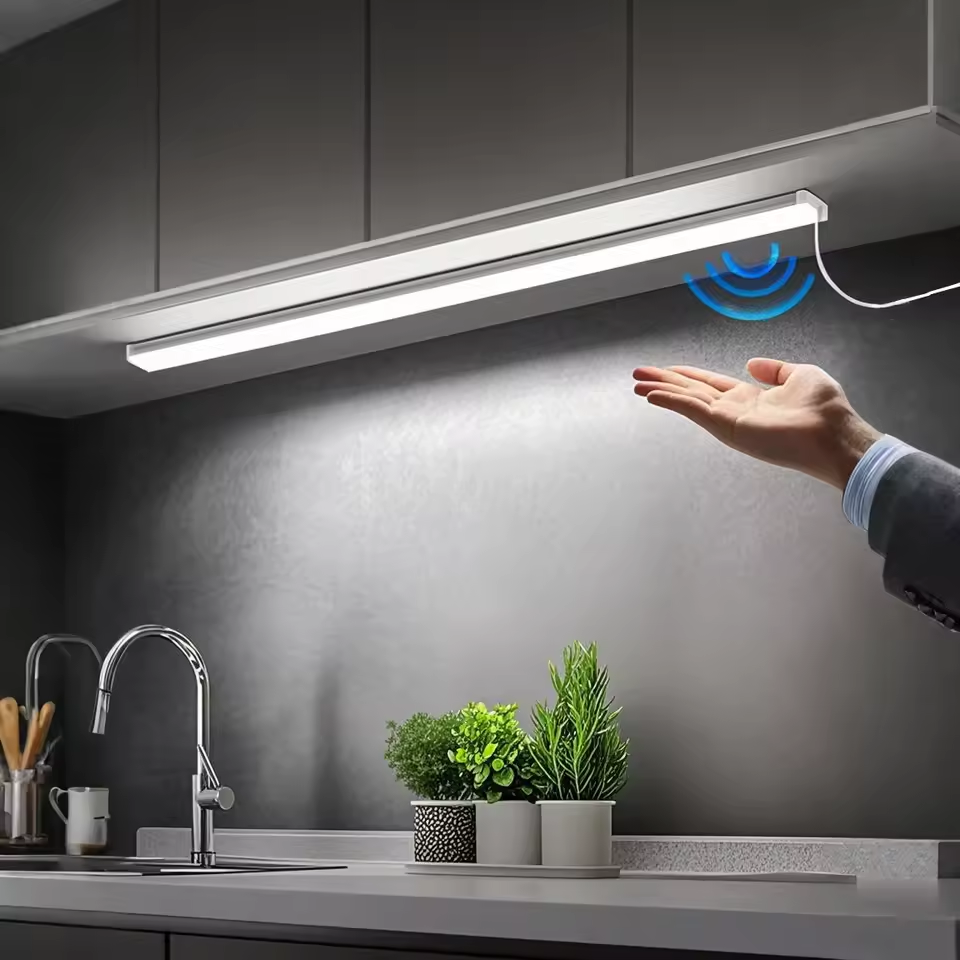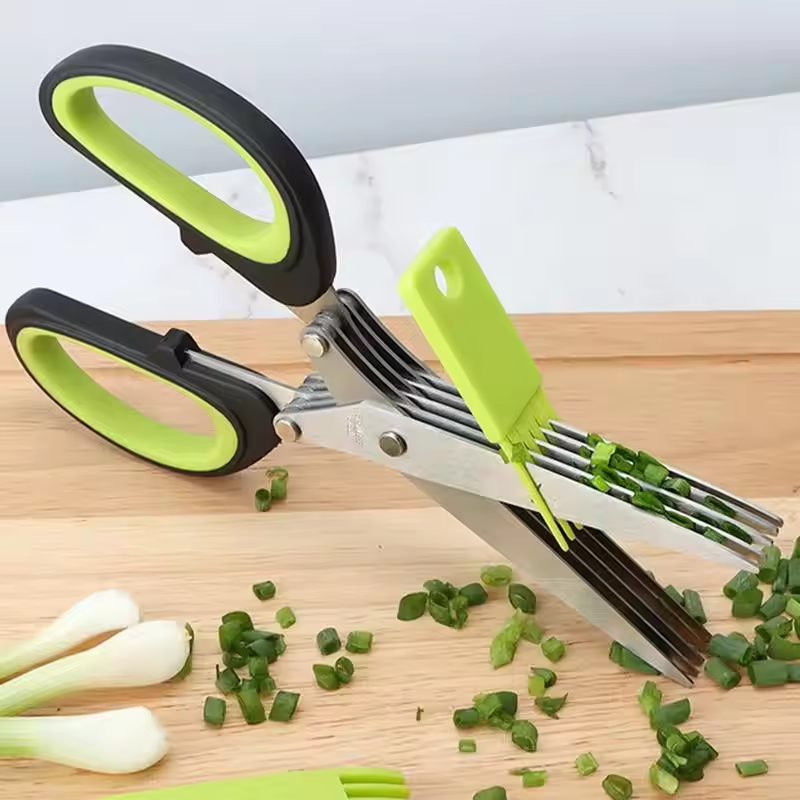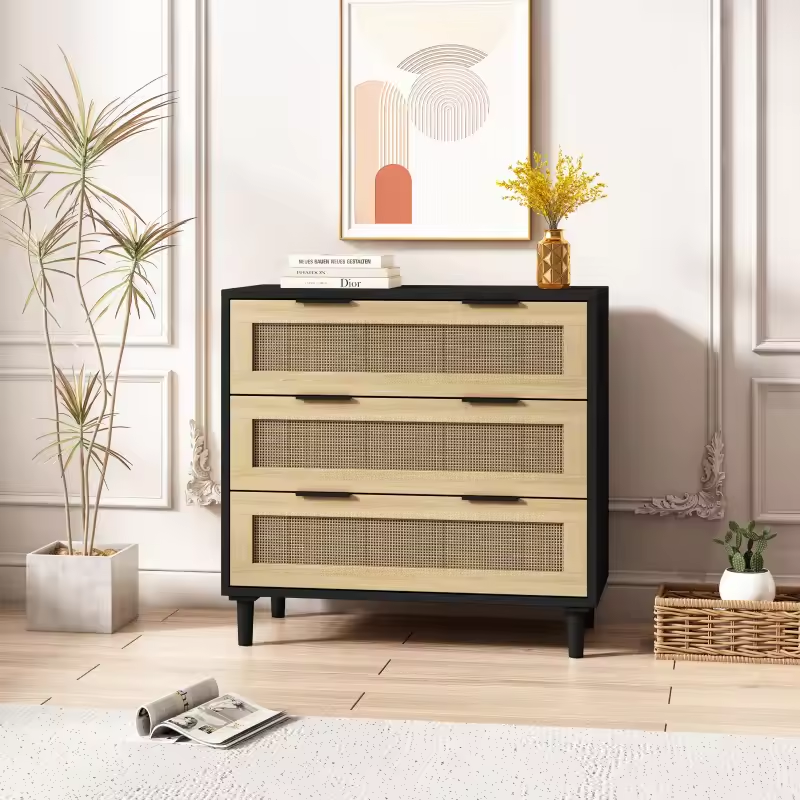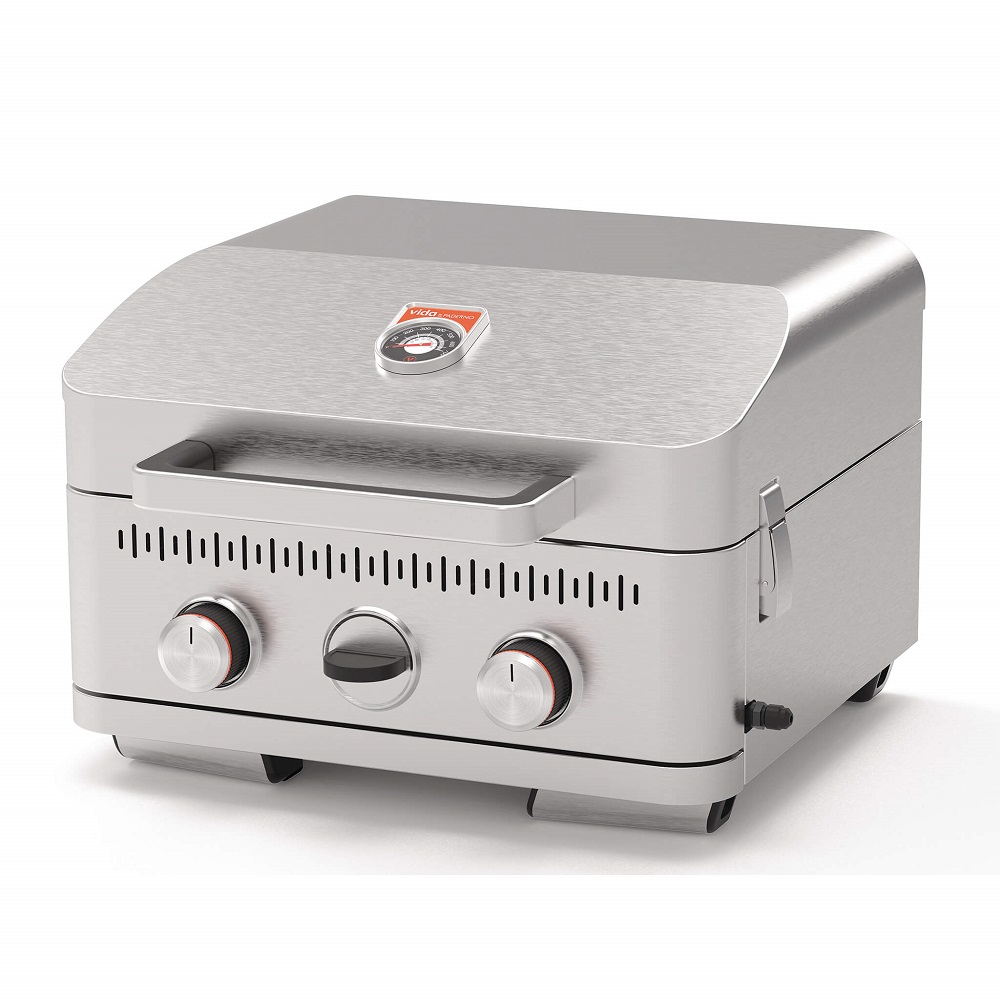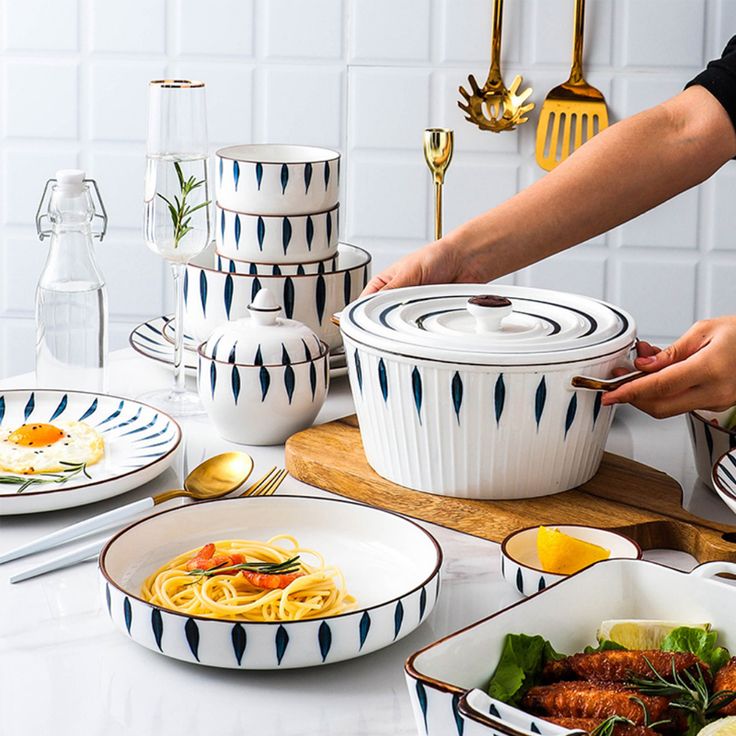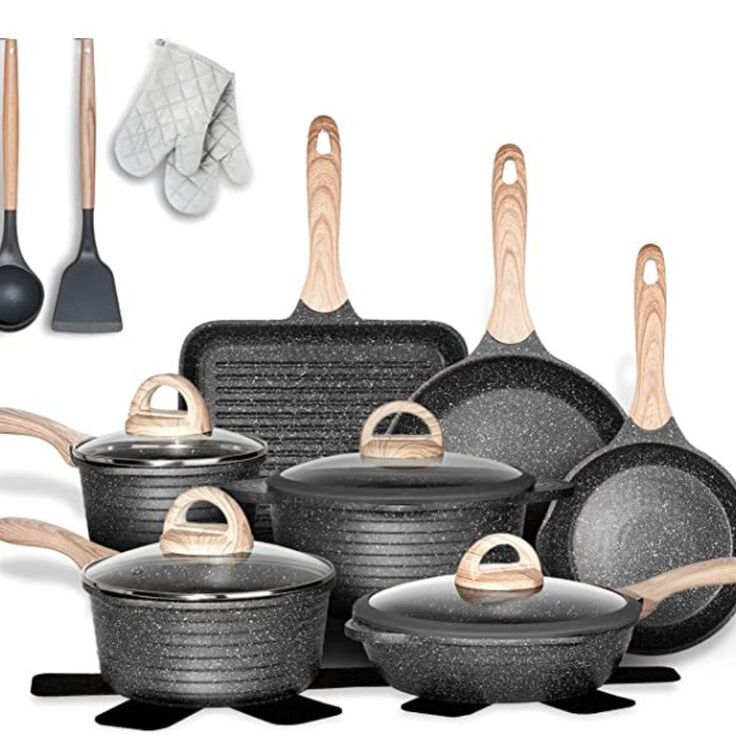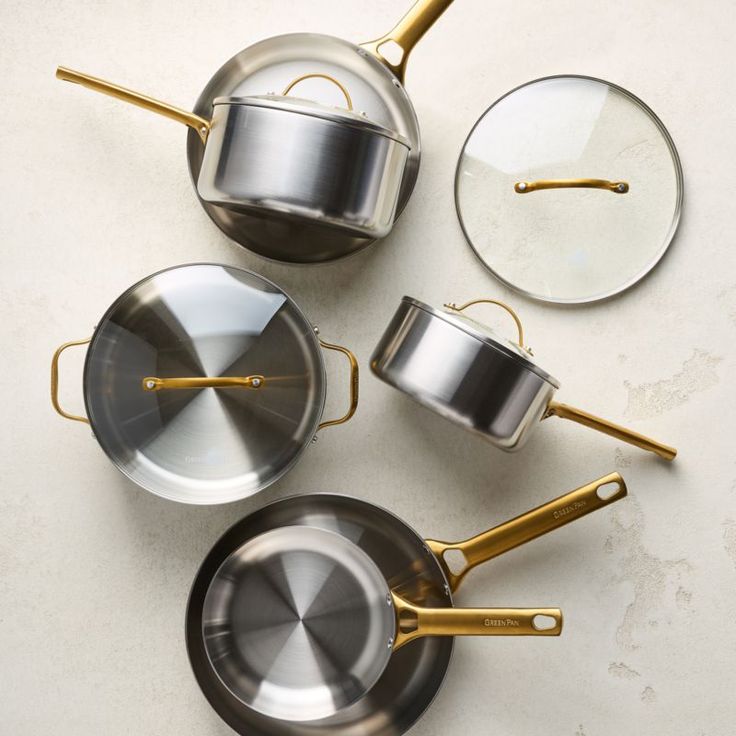Choosing the Right Small Gas BBQ Grill
When selecting a small gas BBQ grill, there are multiple factors to think about. Size, heat output, build quality, and additional features all play a role in the decision-making process.
Key Features to Consider
In your search for the perfect small gas BBQ grill, several key features deserve your attention:
- Size and Portability: Ideal for small patios or balconies, compact grills should be easy to store and move.
- Heat Output: Measured in BTUs, it indicates the power of your grill. Look for an adequate output for efficient cooking.
- Build Quality: Durability is important. Opt for grills made with high-quality materials like stainless steel.
- Burner Control: Reliable and adjustable burners grant greater cooking precision.
- Ignition System: A dependable ignition system ensures a quick and safe start.
- Maintenance: Consider the ease of cleaning and upkeep. Removable parts and grease management systems are beneficial.
Top Models Comparison
To help with your selection, here’s a brief comparison of popular small gas BBQ grill models:
- Model A: Features 8,000 BTUs, two adjustable burners, and a simple push-button ignition. It’s compact yet suitable for a range of foods.
- Model B: Boasts a robust stainless steel construction, offering 10,000 BTUs and an integrated temperature gauge for precise cooking.
- Model C: Comes with a unique grease management system that makes cleaning easy. It provides 9,000 BTUs and a foldable design for portability.
Consider the specific needs of your outdoor space and personal preferences to find the right small gas BBQ grill for you. Weigh the features against your budget to make a smart choice that you’ll be happy with every time you grill.
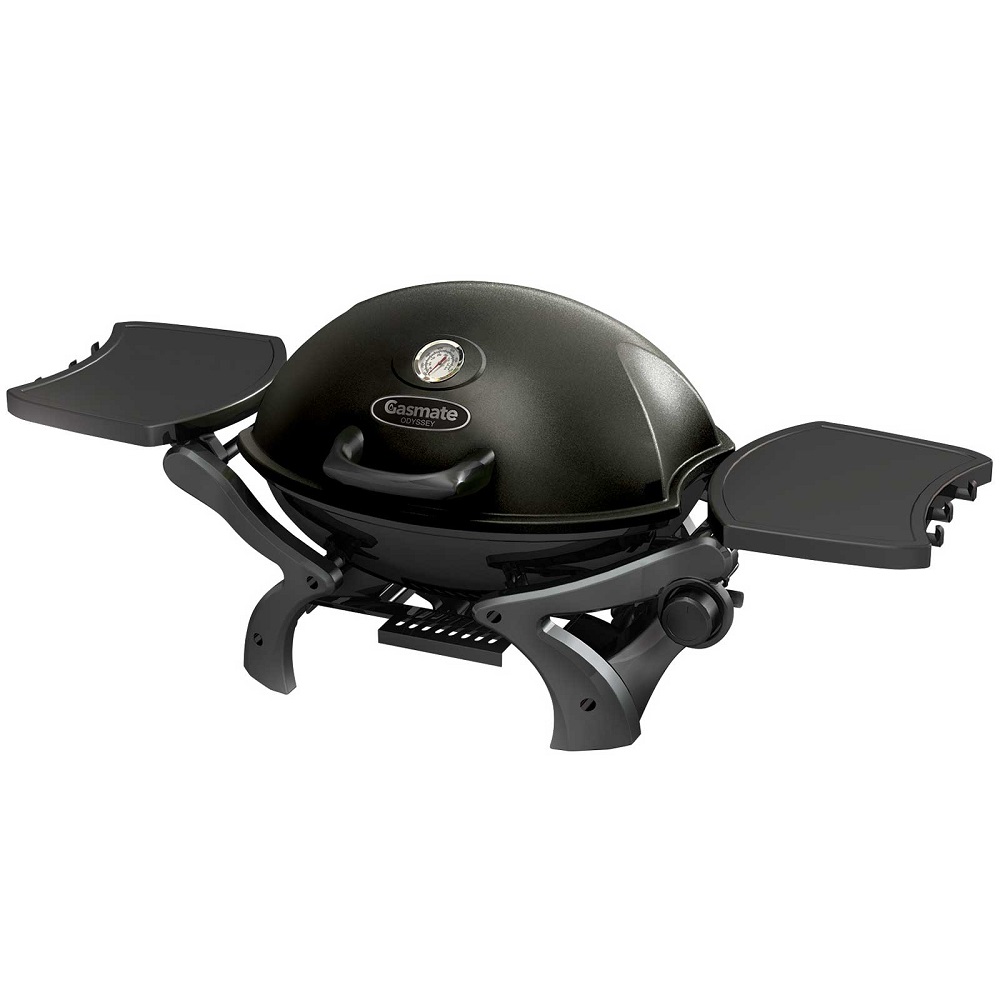
Benefits of a Small Gas BBQ Grill
A small gas BBQ grill offers several advantages that are ideal for those with limited outdoor spaces or prefer a simpler setup. Not only do they save on space, but their design also allows for easy handling and operation. Here are two crucial benefits that make small gas BBQ grill a worthy addition to your home.
Space Efficiency
One of the biggest advantages of owning a small gas BBQ grill is its compact size. These grills fit perfectly on small balconies, patios, or even tiny garden areas. Unlike larger models, they use space economically without compromising grilling capabilities. This makes a small gas BBQ grill an excellent choice for city dwellers or homes with limited outdoor square footage.
Ease of Use
Small gas BBQ grills shine in their ease of use. They typically feature simple controls and quick start ignition systems, making it easy to get the grilling started without any fuss. Their manageable size makes it easier to clean and maintain. Additionally, a small gas BBQ grill heats up faster due to less surface area, reducing the time you spend waiting to cook. This makes them perfect for spontaneous BBQ dinners or quick weekend lunches.
Setup and Maintenance
Proper setup and regular maintenance are crucial for the longevity and performance of your small gas BBQ grill. By following a few installation tips and maintaining a routine cleaning schedule, you can ensure your grill functions effectively for many enjoyable barbecues.
Installation Tips
Start by choosing a safe and suitable location for your grill, ideally on a stable and heat-resistant surface. Before using your new grill, assemble it according to the manufacturer’s instructions. Check all connections carefully to ensure gas lines are secure and leak-free. It’s important to allow adequate clearance around the grill to prevent fire hazards and practice safe grilling.
Cleaning and Care
After each grilling session, let your grill cool slightly then clean the grates with a grill brush to remove any food residues. Periodic deep cleaning is necessary; this includes wiping down the exterior with a mild detergent and cleaning the burners to prevent clogs. Remember to check and empty the grease tray to avoid flare-ups. Handle removable parts with care and store your grill properly when not in use to protect it from the elements.
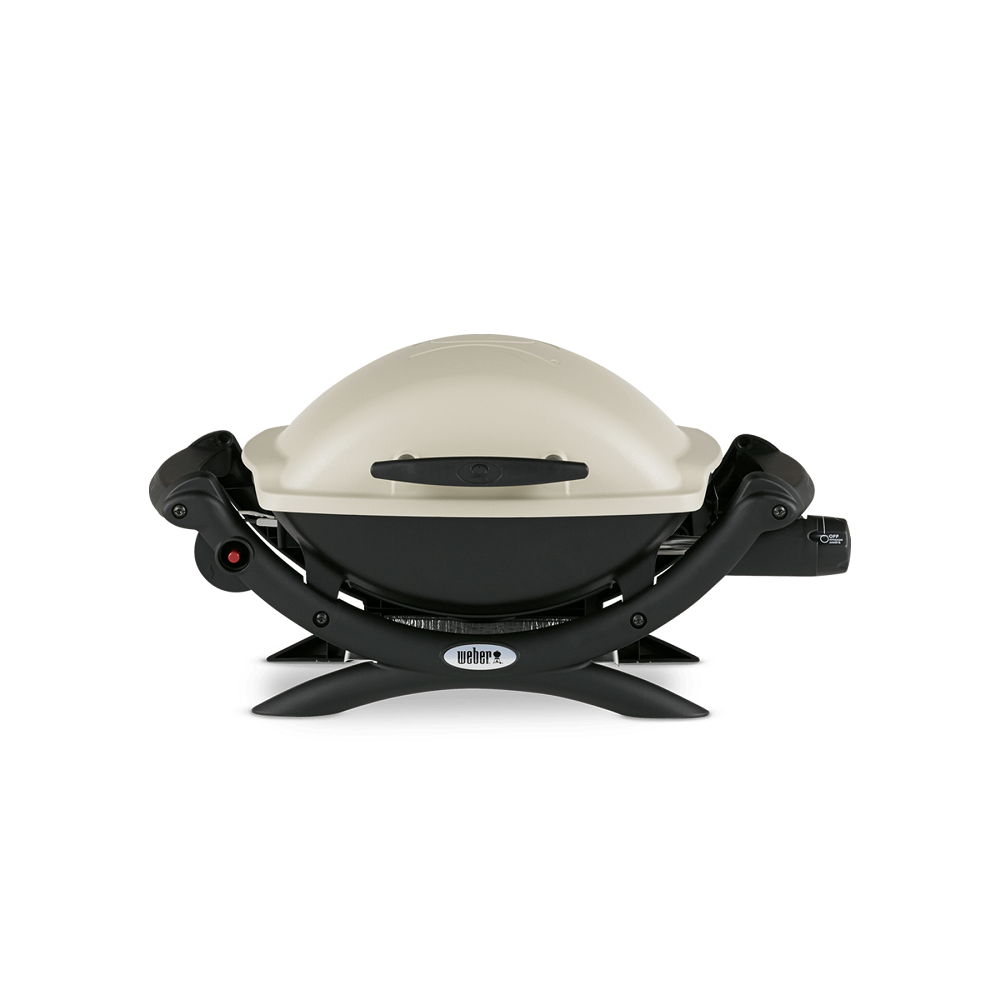
Grilling Techniques on a Small Gas BBQ Grill
Mastering grilling techniques on a small gas BBQ grill can significantly enhance your cooking experience. Smaller grills require specific methods to maximize efficiency and taste.
Best Practices
To ensure your grilling sessions are both successful and enjoyable, consider these best practices:
- Preheat the Grill: Always allow your small gas BBQ grill to preheat for about 10-15 minutes. A hot grill sears foods better, locking in flavors.
- Control the Heat: Learn to manage the heat settings. For smaller grills, medium heat is often sufficient for most recipes.
- Use the Lid: Keep the lid closed as much as possible. This retains heat and cooks the food evenly from all sides.
- Clean Regularly: Clean the grates before and after each use. This prevents food buildup and maintains good hygiene.
Recipes Adaptation
Adapting recipes for a small gas BBQ grill can be simple with a bit of creativity:
- Size Matters: Cut ingredients into smaller pieces to ensure they cook evenly and quickly.
- Marinate for Flavor: Marinating meats and vegetables can add tremendous flavor and reduce cooking time.
- Time Management: Adjust cooking times from traditional recipes as smaller grills often cook faster due to closer proximity to the heat source.
By focusing on these techniques, you can turn your small gas BBQ grill into a powerful tool for delicious meals.
Accessories and Add-ons
Enhancing your small gas BBQ grill with the right accessories can make your grilling experience even better. From tools that make handling food easier to add-ons that expand your cooking capabilities, choosing the right accessories is just as important as selecting the grill itself.
Essential Accessories
For any small gas BBQ grill owner, certain accessories are non-negotiable for a successful grilling session:
- Grill Cover: Protects your grill from the elements, prolonging its lifespan.
- Grilling Tools: Tongs, spatulas, and forks made from high-quality materials resist heat and provide comfort.
- Cleaning Brush: A sturdy grill brush is essential for maintaining the cleanliness of your grates.
- Meat Thermometer: Ensures your meats are perfectly cooked to the desired doneness.
- Grill Mats: These non-stick mats are great for cooking delicate foods like fish and vegetables.
Each of these accessories serves a specific purpose that can enhance the functionality and maintenance of your small gas BBQ grill.
Enhancements for Better Grilling
If you want to take your grilling game to the next level, consider these add-ons:
- Side Burners: Useful for preparing side dishes or sauces alongside the main grill.
- Rotisserie Kits: Perfect for even and slow cooking of poultry and roasts.
- Smoker Boxes: Add a smoky flavor to your grilled meats and vegetables.
- Grill Lights: Allow for grilling at any time of the day, improving visibility.
These enhancements not only improve the grilling process but also expand the variety of dishes you can prepare with your small gas BBQ grill.
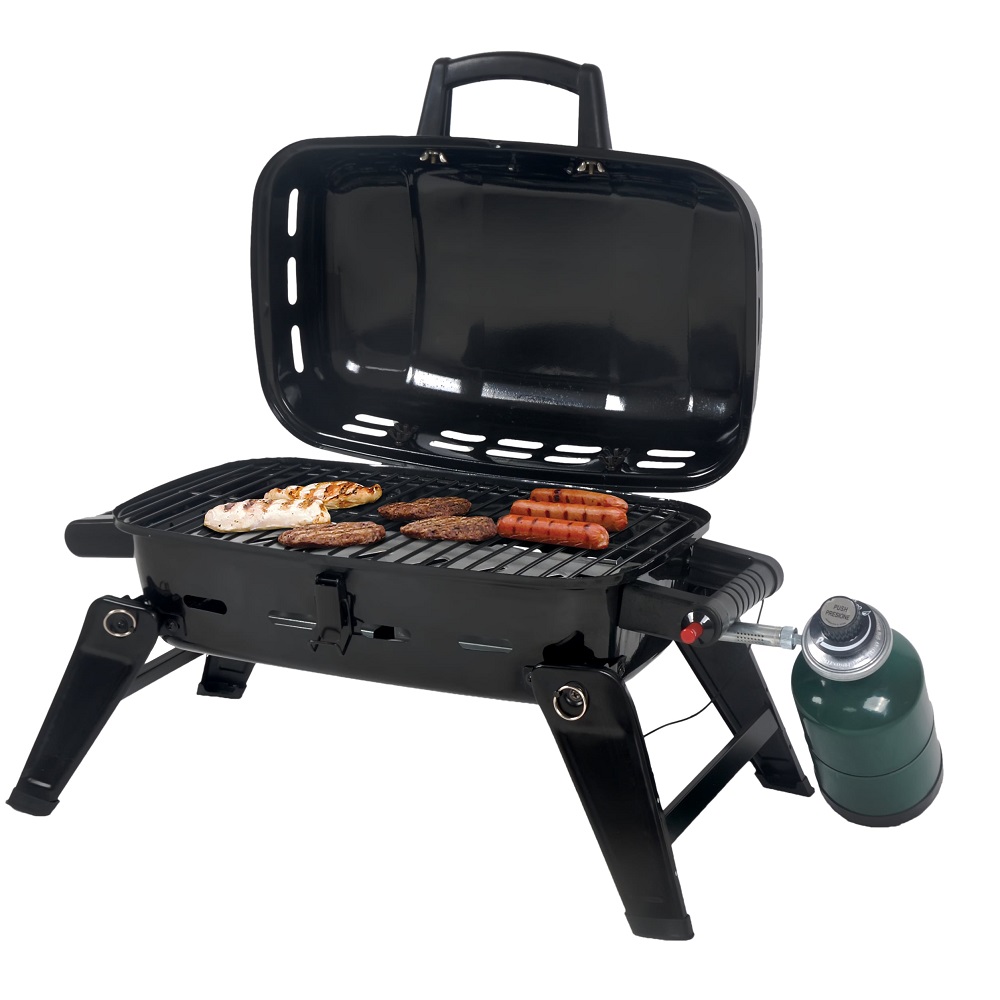
Safety Precautions
When grilling with a small gas BBQ grill, safety should never be an afterthought. It’s essential to follow certain guidelines to avoid accidents and ensure a pleasant grilling experience. Here are some critical safety precautions every griller should practice.
Safe Operation Practices
To operate your small gas BBQ grill safely, remember these core practices:
- Read the Manual: Always start by reading the manufacturer’s guidelines.
- Check for Leaks: Before igniting the grill, apply soapy water to connections and look for bubbles.
- Keep a Safe Distance: Place the grill away from walls, trees, and other flammable items.
- Never Leave It Unattended: Stay close to the grill when it’s on to manage any unexpected flare-ups.
- Use Proper Utensils: Always use grilling tools with long handles to avoid burns.
Adhering to these safe operation practices will help prevent common grilling hazards.
Handling Gas Tanks Safely
Gas tanks need careful attention. Here’s how to handle them:
- Transport with Care: Keep the tank upright and secure it to prevent rolling or tipping.
- Store Correctly: Place gas tanks outside, away from heat sources, and not indoors.
- Regular Checks: Inspect tanks for rust, dents, or damage which could indicate leaks or weakness.
- Learn to Disconnect: Familiarize yourself with the process of safely disconnecting the tank after use.
By following these guidelines when handling gas tanks, you’ll contribute greatly to your grilling safety. Keep these tips in mind for safe and enjoyable BBQ sessions with your small gas BBQ grill.

